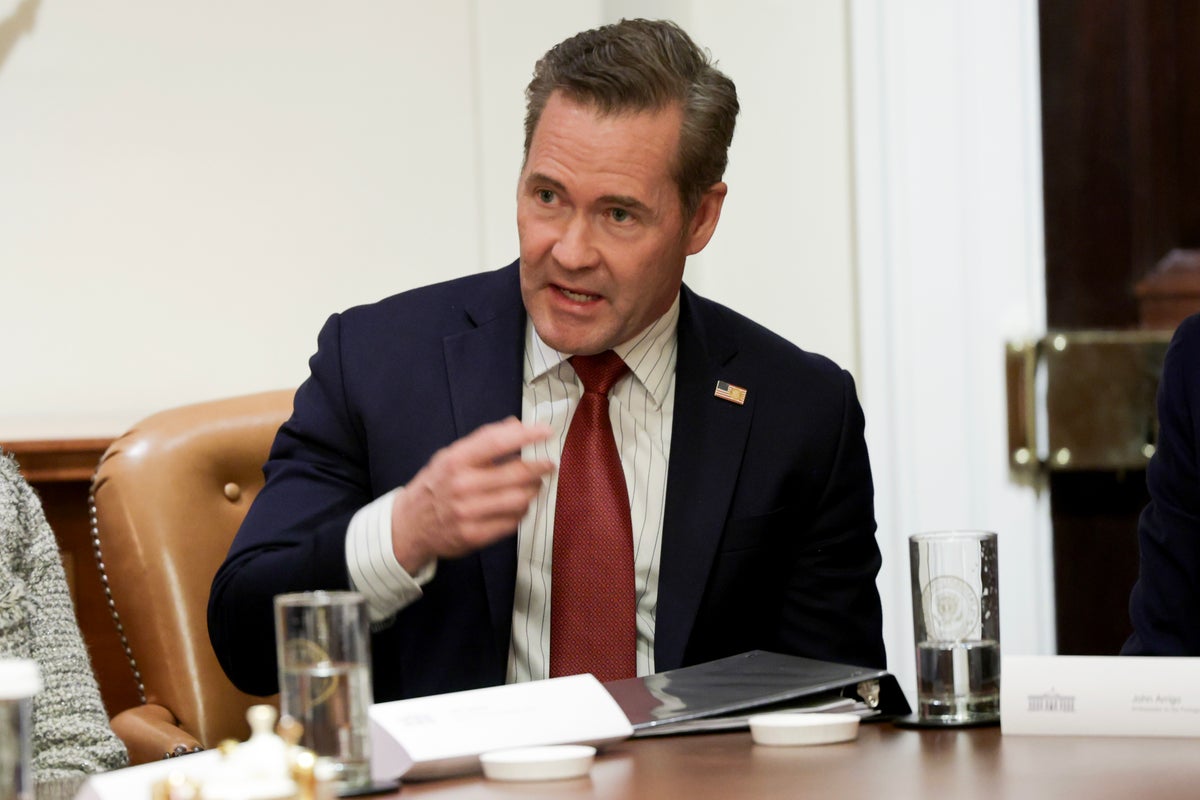National Security Adviser Michael Waltz and other members of the Trump administration’s national security team used personal Gmail accounts for government communications, according to a report from The Washington Post.
The news follows a major security breach when Waltz accidentally invited the editor in chief of The Atlantic to a Signal group chat in which top administration officials discussed attack plans against Yemen.
Gmail is even less secure than Signal, the encrypted messaging app that’s available to the public. The use of the email service is the most recent instance of top national security officials using less-than-secure methods of communication.
A top aide to Waltz also used Gmail, a commercial email service, to conduct highly technical conversations with co-workers at other agencies, which included sensitive military positions and weapons systems in connection with an ongoing conflict, according to emails seen by The Post reveal.
Headers from the emails show that while the official at the National Security Council used his Gmail account, the colleagues at the other agencies used government-issued accounts.
Less sensitive information, but which may still be exploitable by the nation’s enemies, has been sent to Waltz’s Gmail, including his schedule and other work documents, anonymous officials told the newspaper. They added that Waltz would at times copy and paste from his schedule into Signal for the purpose of setting up meetings.

The use of personal email accounts, even if it’s for unclassified information, is perilous, as foreign intelligence services place a high value on the communications and schedules of top officials, experts told the paper.
A spokesperson for the National Security Council, Brian Hughes, told The Post that he hadn’t seen any evidence that Waltz had used his personal email in an inappropriate way. He said when materials connected to work are sent to Waltz, he copies his government email to make sure he follows federal records laws requiring officials to archive official messages.
Waltz also “didn’t and wouldn’t send classified information on an open account,” Hughes told the paper.
He added that staff at the National Security Council have guidance regarding the use of “only secure platforms for classified information.”
A senior administration official told The Post, however, that Waltz has also created other Signal chat groups with members of the Cabinet on other sensitive issues, such as Somalia and the Russian war in Ukraine. The Wall Street Journal initially reported on those chats on Sunday.
Hughes insisted that the use of Signal “is approved and in some cases is added automatically to government devices.” He said Signal is not intended to be used for classified material and insisted that Waltz had never done so.
While Trump has publicly backed Waltz following the Signal debacle, he reportedly met with Vice President JD Vance and Chief of Staff Susie Wiles, as well as others, to discuss whether or not to keep the national security adviser in his post. He told aides Thursday that he was keeping Waltz, but a senior administration official told The Post that it was mostly to avoid giving the “liberal media a scalp.”
Wednesday’s meeting was initially reported by The New York Times.
The director of cybersecurity at the Electronic Frontier Foundation, Eva Galperin, told The Post that “unless you are using GPG, email is not end-to-end encrypted, and the contents of a message can be intercepted and read at many points, including on Google’s email servers.”
Waltz has previously slammed the Department of Justice for not pursuing charges against Hillary Clinton for her use of a private email server during her time as secretary of state.
“What did DOJ do about it? Not a damn thing,” Waltz said in a social media post in June 2023.
Trump said Sunday about Waltz: “I don’t fire people because of fake news and because of witch hunts.”

